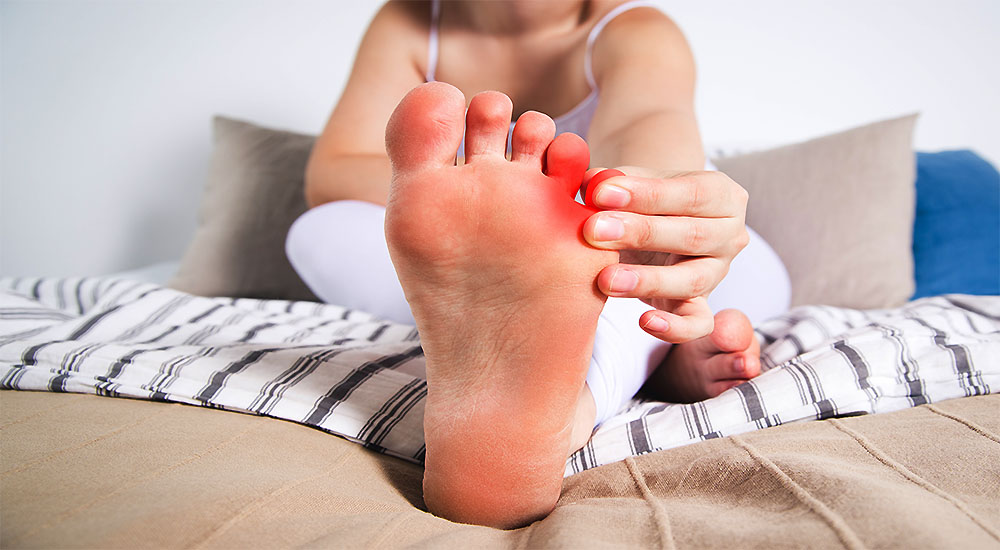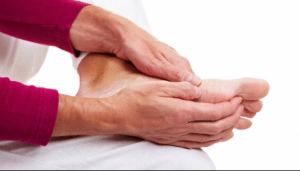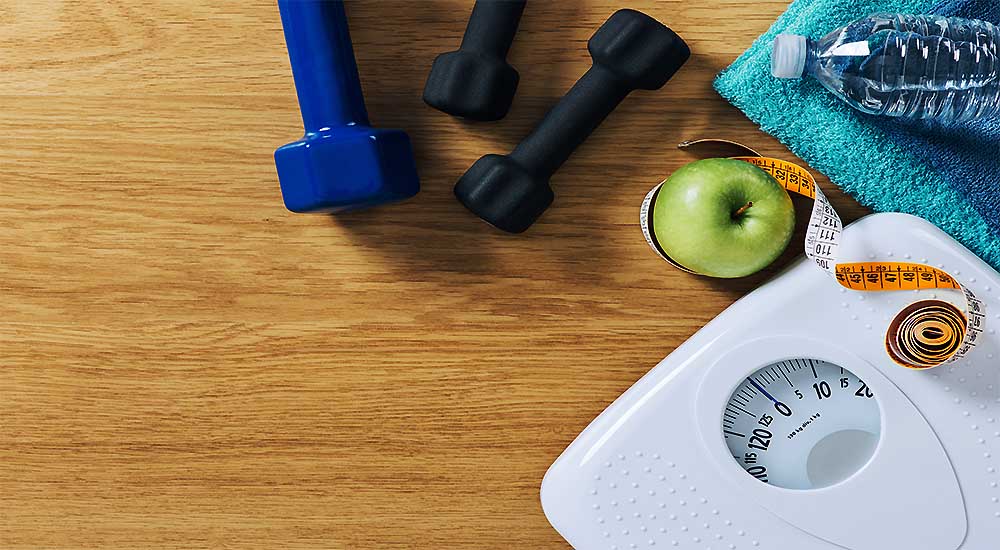Toe Pain Can Be Serious – Learn What Physical Therapy Can Do

Toe Pain may Sound Insignificant until it Happens to You

Suddenly one’s shoe ‘wardrobe’ can get whittled down to a single pair of open-toed sandals or flip flops. The causes of toe pain can be plentiful. They can range from improper footwear (yes, I’m talking about those high heels and pointy-toed shoed!), to poor posture, to other more serious conditions such as neurological disorders, autoimmune disease, arthritis and more. Toe pain should always be handled promptly. The muscles in our toes help us to walk.
In fact, the whole action of propulsion is handled by the muscles of our toes. Perhaps the importance of our feet is best validated by the fact that the 52 total bones there account for about 25 percent of all the bones in the human body!
Your Feet House 25% of the Entire Body’s Bones
Some factoids: Each human foot has 26 bones, 33 joints, 107 ligaments, 19 muscles, and tendons. The 52 bones in your feet make up about 25 percent of all the bones in your body. The facts are that if the toes didn’t do their job, we would all be standing stationary and not walking.
Patients who arrive with the primary complaint of pain in their toes sometimes get amused when I prescribe strengthening exercises for their toe muscles. It may sound funny at first, but the patient soon comes to realize how important they are once they begin doing them.
In my experience as a physical therapist, I have seen toe problems such as bunions, neuromas (a growth or tumor of nerve tissue), hammertoes, dropped arches causing excessive pressure on the toes and neuropathy (damage to a nerve), which causes decreased sensation in the toes that can then lead to injury – they all must be treated effectively to prevent long term damage.
I have also seen many, many toe problems be caused by a poor choice of footwear, especially with women. Excessively high heels worn over prolonged periods of time put a lot of pressure on the toes – ditto for pointed toed shoes. On the other hand, completely non-supportive footwear such as flip-flops can also lead to toe pain.
The Root Cause of the Pain Must be Identified
When a patient initially arrives with a complaint of pain in the toes, I do a comprehensive evaluation. I try to determine the main causative factor underlying the pain – there’s always a reason. The treatment is different depending upon the root problem. Many patients have already consulted with a podiatrist and may have been given orthotics (shoe inserts) or medications to deal with the pain.
While orthotics can be beneficial, I try to add more precision to the diagnosis by asking ‘why’ the patient is having toe pain.
• Is the pain due to faulty biomechanics of standing?
• Are his toes in pain secondary to a hip, knee, or low back problem?
• Are muscles weak in any related joints?
All these questions are important because once properly answered, they can lead to a full correction of the underlying root cause of the problem, plus prevent the toe pain from returning – our ultimate goal.
Some Lifestyle Changes May Be in Store for You
After my physical therapy evaluation is complete, I discuss my findings with the patient and educate him or her on the causative factors. This is an important step because the patient may have to undergo some lifestyle changes, such as wearing different shoes, exercising differently, etc.
The patient needs to understand that these changes are imperative if he or she wants the pain resolved. I utilize many different treatment techniques within my expertise in manual therapy to help reduce irritation to the toe’s tendons and muscles. Exercises play a vital role in keeping the joints mobile and the muscles stretched out and strong. I also do gait training with my patients – retraining them on the proper mechanics of walking.
Additionally, we perform sensory proprioceptive training (this involves knowing where a body part is in space – simply these would seem like a variety of balance exercises) with the patients. This training involves rejuvenating the sensory cells within the joints and tendons such that the feet give the right information to the body regarding walking.
As an example, you could be walking on the outside of your foot and not really know it until such training was successfully executed. Education and proper recommendation for insoles, orthotics, and shoes are very critical for the full rehabilitation of the patient. Depending on the problem, we do foot scans and gait analysis here at Root Cause to assist in diagnosis. This allows us to achieve the successful results that our patients enjoy.
Ignoring the Pain is Never a Good Idea
Do not neglect seemingly small problems like toe pain. They can manifest into a bigger problem later on affecting many other aspects of your body and health. If you know of anyone ‘putting up with’ toe pain, please let them know about our services. We would be delighted to offer a free health analysis.
Do you need help with your health?
We have the diagnostic and testing tools, the clinical experience, and a different medical approach to discovering the root cause of why you have the symptoms that are bothering you. As long as you are ready to make some dietary and lifestyle changes, we can help you. We will "hold your hand" through the changes, step by step, to make each step an easy one. We are located in Clearwater, FL, at 1000 S Ft Harrison, at the corner of Ft. Harrison Ave. and Magnolia St. There is plenty of parking space directly accessible from Ft Harrison. If it is not convenient for you to come to Root Cause Medical Clinic, we offer telehealth/telemedicine consultations to residents of certain states. Call us for details.
Contact us for a Consultation – Call 727-335-0400
Ask a Doctor
Have a health concern you'd like to speak with a doctor about? Or just want clarity on a subject? Ask Us!
Featured Articles
Popular Stories

Dr. Rupa Chakravarty DPT, OCS
Director of Physical Therapy at Root Cause Medical
Doctor of Physical Therapy, Orthopedic Certified Specialist
Dr. Chakravarty has numerous certifications for different techniques in Physical Therapy practice. She employs an extensive array of manual as well as exercise techniques to manage her patients’ symptoms during their course of therapy.


